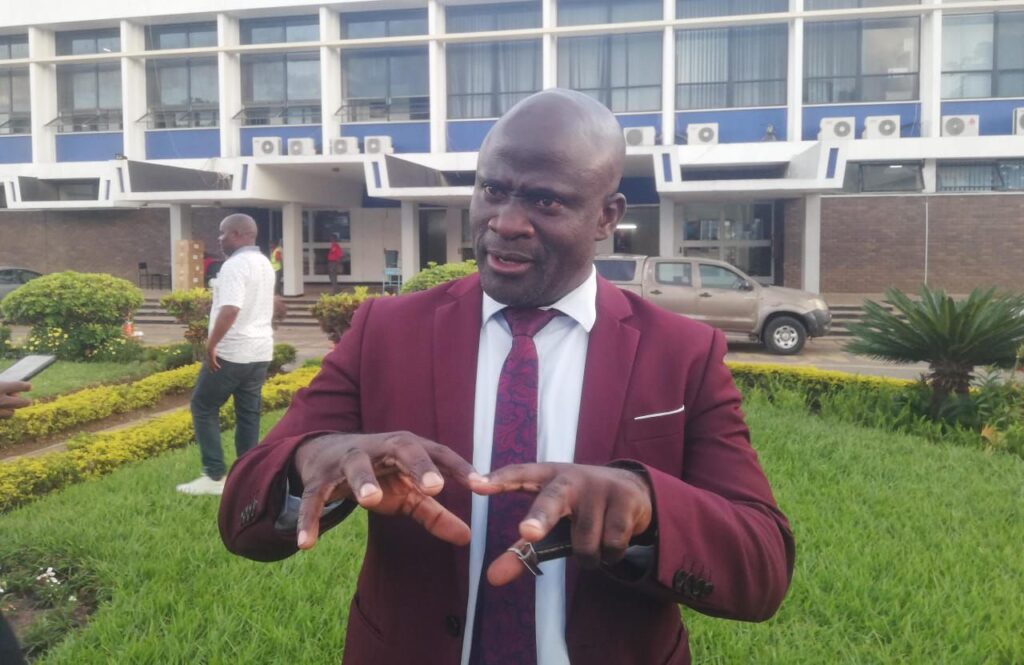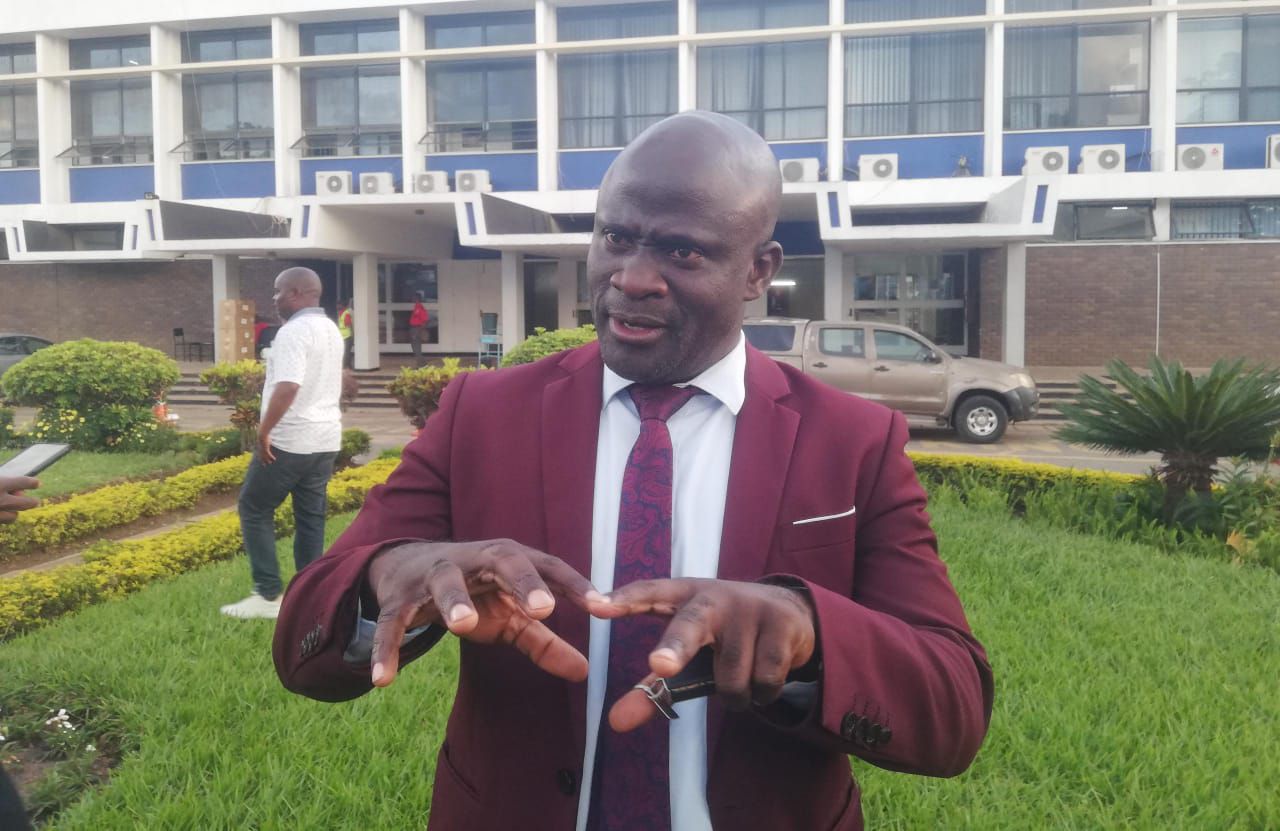By Chisomo Phiri
Malawi University of Business and Applied Sciences (MUBAS) says it has made significant progress in implementation of the Skills for A Vibrant Economy (SAVE) Project.
The SAVE Project is funding nine higher education institutions, seven national technical colleges and 15 community technical colleges across the country.
The Project’s objective is to increase access, particularly to females to labour market relevant skills development programmes targeting priority sectors of the economy.
The targeted sectors include agriculture, tourism, transport, logistics, ICT and digital development, manufacturing, construction, energy, mining and financial services.

Speaking at a press briefing in Blantyre on Friday, Communications Focal Point for the SAVE project at MUBAS, Dr. Flemmings Ngwira, said the university has aligned its programmes to meet the needs of the industry, ensuring relevance and quality. He said for example, MUBAS has developed a bachelor of science degree programme in insurance – in response to this need.
“We have made strides in career guidance and counseling, particularly for underprivileged students, to promote equity and access to our programmes,” said Ngwira, who is also Head of Communication and Media Studies at MUBAS.
He announced that with funding from SAVE Project, MUBAS is also constructing an Open Distance Learning (ODeL) building at Nanjiri in Lilongwe, which will offer education through virtual learning and for non-residential students.
Dr. Ngwira said the construction project is expected to be completed within nine months, starting in May 2025.
He emphasized that MUBAS is expanding its reach, establishing campuses in Lilongwe and Mzuzu, in addition to its main campus in Blantyre.
Said Ngwira:”This expansion aims to increase access to education and skills development opportunities for students across the country.”
On his part, Communications Specialist at the SAVE Project Implementation Unit (PIU) Anderson Fumulani, said the SAVE
Project implementation has achieved critical milestones.
He said most Evironmental and Social Management Plans (ESMPs) have now been cleared by the World Bank which paves the way for construction to start.
He said two higher education institutions already handed over sites to contractors, marking the beginning of construction.
“Two contractors are already on site with their heavy machinery,” he said.
Fumilani added:”This development is expected to accelerate construction implementation, as contractors can now commence work on site,” he said.
He acknowledged that the project had experienced some delays due to the rigorous processes for clearing the ESMPs and procurements.
With these hurdles now overcome, he said the project is poised to gain momentum.
“Everybody involved in the project is aware that there have been delays, but we are now on track.
The SAVE Project was launched in 2021 with funding of $100 million from the World Bank.



